Indigenous Ally Toolkit
In 2019, the Montreal Indigenous Community Network launched the Indigenous Ally Toolkit, which was created to foster alliances and educate non-Indigenous people and groups on how they can use their privilege to listen, shift power dynamics, and take concrete steps towards ‘reconciliACTION’. Since its launch, 400,000+ people have read the Indigenous Ally Toolkit, 64+ websites have linked it as a resource, and it has been adapted by the Calgary Foundation for Treaty 6 territory. It was also listed as an educational resource in the Final Report of the National Inquiry into Missing and Murdered Indigenous Women and Girls.
The Truth and Reconciliation Commission of Canada Calls to Action #’s 1iii, 23iii, 28, 57, 63iv, 90iv and 92iii address a need to provide professional development and cultural training for social workers, health care professionals, lawyers, public servants, sports officials and corporate management through intercultural competencies, conflict resolution, human rights and anti-racism. Additionally, the Path to Reconciliation Act recognizes that reconciliation is founded on respect for Indigenous nations and Indigenous peoples and their history, languages, and cultures.
Indigenous allyship supports Canadian priorities to build a better tomorrow and prosperous futures for all Canadians by working towards positive and respectful reconciliation with Indigenous communities. Active allyship moves reconciliation efforts forward in a concrete way by building awareness and by fostering teamwork and connections between people in all communities.
What can you do to be an ally and improve relationships between Indigenous and non-Indigenous peoples?
View the toolkit and close gaps originating from a lack of knowledge about histories, cultures and perspectives of Indigenous peoples. This cooperative engagement tool creates increased awareness and understanding, informs and educates, and provides for culturally proficient and respectful workforces and communities.
